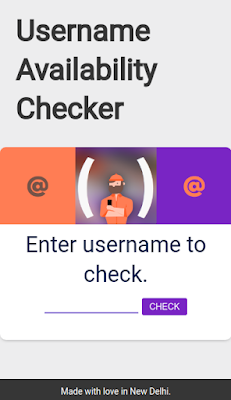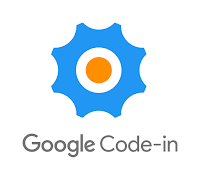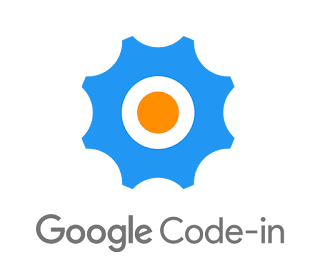Google Code-in starts for students on October 23rd. Students are encouraged to learn about the participating organizations ahead of time and can get started by clicking on the links below:
- AOSSIE: Australian umbrella organization for open source projects.
- Apertium: rule-based machine translation platform.
- Catrobat: visual programming for creating mobile games and animations.
- CCExtractor: open source tools for subtitle generation.
- CloudCV: building platforms for reproducible AI research.
- coala: a unified interface for linting and fixing code, regardless of the programming languages used.
- Copyleft Games Group: develops tools, libraries, and game engines.
- Digital Impact Alliance: collaborative space for multiple open source projects serving the international development and humanitarian response sectors.
- Drupal: content management platform.
- Fedora Project: a free and friendly Linux-based operating system.
- FOSSASIA: developing communities across all ages and borders to form a better future with Open Technologies and ICT.
- Haiku: operating system specifically targeting personal computing.
- JBoss Community: a community of projects around JBoss Middleware.
- KDE Community: produces FOSS by artists, designers, programmers, translators, writers and other contributors.
- Liquid Galaxy: an interactive, panoramic and immersive visualization tool.
- MetaBrainz: builds community maintained databases.
- MovingBlocks: a Minecraft-inspired open source game.
- OpenMRS: open source medical records system for the world.
- OpenWISP: build and manage low cost networks such as public wifi.
- OSGeo: building open source geospatial tools.
- PostgreSQL: relational database system.
- Public Lab: open software to help communities measure and analyze pollution.
- RTEMS Project: operating system used in satellites, particle accelerators, robots, racing motorcycles, building controls, medical devices.
- Sugar Labs: learning platform and activities for elementary education.
- SCoRe: research lab seeking sustainable solutions for problems faced by developing countries.
- The ns-3 Network Simulator Project: packet-level network simulator for research and education.
- Wikimedia: non-profit foundation dedicated to bringing free content to the world, operating Wikipedia.
You can learn more about Google Code-in on the contest site where you’ll find Frequently Asked Questions, Important Dates and flyers and other helpful information including the Getting Started Guide.
Want to talk with other students, mentors, and organization administrations about the contest? Check out our discussion mailing list. We can’t wait to get started!
By Stephanie Taylor, Google Open Source











